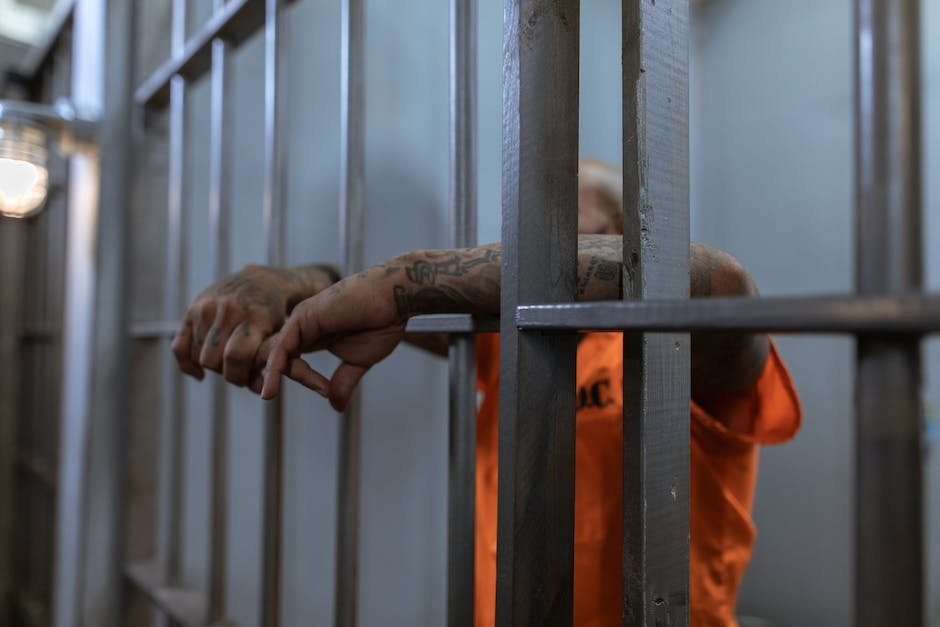
The Illinois Common Criminal Code contained several provisions that went into effect on July 1st. An injunction is the number of years a felony defendant is sentenced to mandatory supervised release.
Morgan County Attorney Gray Noll says that probation, or MSR as it’s called, has been reduced for certain classes of felonies: “Earlier, prior to July 1, a person who for a Class 3 crime or if they went to jail, they would have to serve a 1-year parole. As of July 1st, there is no longer parole for class 3 or 4 crimes, so they go from 1 year to 0. Class 1 and 2 crimes used to require a mandatory supervised release period of 2 years. This has been changed to a 1-year period of mandatory supervised release for most Class 1 and Class 2 crimes.”
How are probation and probation the same in Illinois?
In summary, probation and probation are ways for people to stay out of prison after a conviction.
However, these phrases don’t mean you can get away with it. As we mentioned earlier, probation and probation have rules and requirements that people must meet in order to end their sentence. Violating the terms of probation or probation may result in additional criminal charges and jail time.
The Illinois Parole System
Illinois lawmakers abolished probation at their discretion “at the dawn of the crime era,” said Katrina Burlet, campaign manager and operations manager for Parole Illinois. . His faction pushed the law and organized the press conference.
According to Parole Illinois, some at the time thought that fixed-length sentences would help address racism in the state’s criminal justice system. The change was intended to ensure equal treatment in sentencing, but blacks and Latinos were still disproportionately affected, often receiving longer prison sentences than whites, according to the group.
Conditions of parole in Illinois
In general, parole requires oversight in the community. It is often accompanied by some form of community service as well. In addition, the probation officer must show that they are employed or actively seeking employment. They may not use drugs or alcohol and must surrender any firearms in their possession.
Conditions of probation also include not contacting victims of your crime and typically observing a curfew. Mandatory drug testing, rehabilitation, and counseling may also be part of the sentence.
What is probation for?
Probation serves many purposes; it is not just a system to prevent prison overcrowding. For example, probation allows an inmate to work with a probation officer to help him recover after his release from prison. Being released back into society can often be a major culture shock, and recidivism rates increase when former inmates struggle to adjust to life outside the cell. Being assigned to a parole officer can help them find housing and jobs, as well as many other services, after they are released.
Probation also helps protect community members. This may sound strange given the aim of getting offenders back on the streets sooner, but through a careful process, parole ensures that ex-convicts establish themselves in the community, reducing the likelihood of recidivism. Finally, parole also helps reduce prison costs by allowing refined and eligible criminals to complete their sentences outside of prison.
